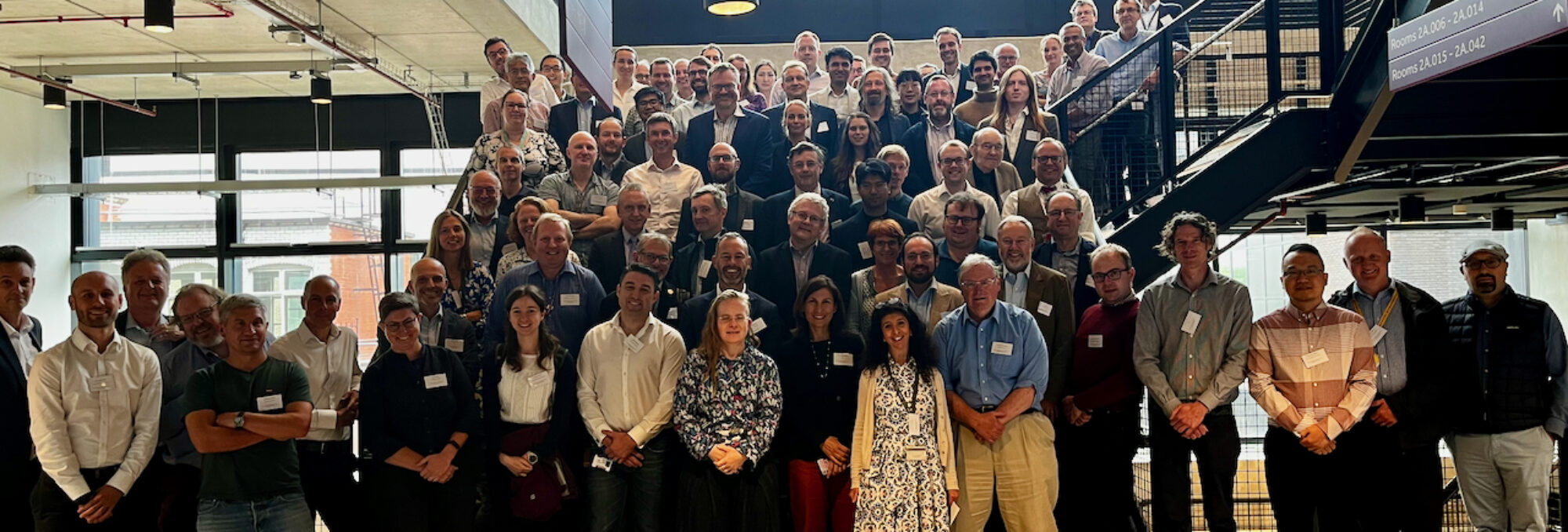2 sessions attended by 7 academics each, mix of research fellows and established academics, no industry attendees. Main outcomes of discussion in no particular order:
- There are good numbers of post docs/fellows coming through and sufficient established academics over 50 but a perceived gap in the 35-50 age group. Perhaps RCUK or the learned societies should consider supporting part-time ‘Senior’ Research Fellowships to retain knowledge base in nuclear and help mentor Early Career Nuclear Academics (ECNA) coming through.
- CCFE have a good research fellowship scheme but NNL do not, perhaps NNL could consider launching some focussed on gap areas they have identified. There is a perception that EPSRC have good schemes but NERC do not. Learned Societies could be approached to support fellowships in gap areas (e.g. highlighted in NNL presentation and below). Support from more diverse industry base needed for fellowship applications. At present dominated by RR, NDA and EdF/EdF Energy.
- Gaps in nuclear academic expertise are:
- Chemical engineering and wet actinide chemistry.
- Generation IV.
- Earth Sciences and radioactivity in the environment (NERC just beginning to address).
- Future fuel cycles.
- NNUF is a good start for improving access to active work but is Materials focussed. There is a need for Chemistry/Chem. Eng. facilities to attract academics from more universities into nuclear (who cannot afford the time or funds needed to set up active labs). Sellafield Central Lab needs to be easier and cheaper to access. (Being addressed I believe).
- Industry need to communicate where they have or will have skills gaps, both to RCUK and the wider academic community. (Addressed to some extent at this meeting).
- The funding level for nuclear R&D in the UK is still very low compared to competitor countries. Increased level of funding is needed to sustain academic positions.
- RCUK need to allow overseas students to do PhD’s in areas like nuclear which have a looming skills gap and where it is difficult to appoint students. We believe most overseas students who do PhDs in the UK would stay if offered a job at the end of their project.
- It is hard for early career academics to get RCUK funds and if they do the PDRA tends to go after 2 years and it is equally hard to get follow-on funds. Perhaps RCUK could consider allowing early career academics to be Co-I on e.g. Programme Grant applications from which they are currently de facto excluded as RCUK insist they have to be world leaders. This is missing the opportunity for ECAs to be mentored by world leaders.
- We should have an ECNA forum/breakout session at the annual UKNADM.
